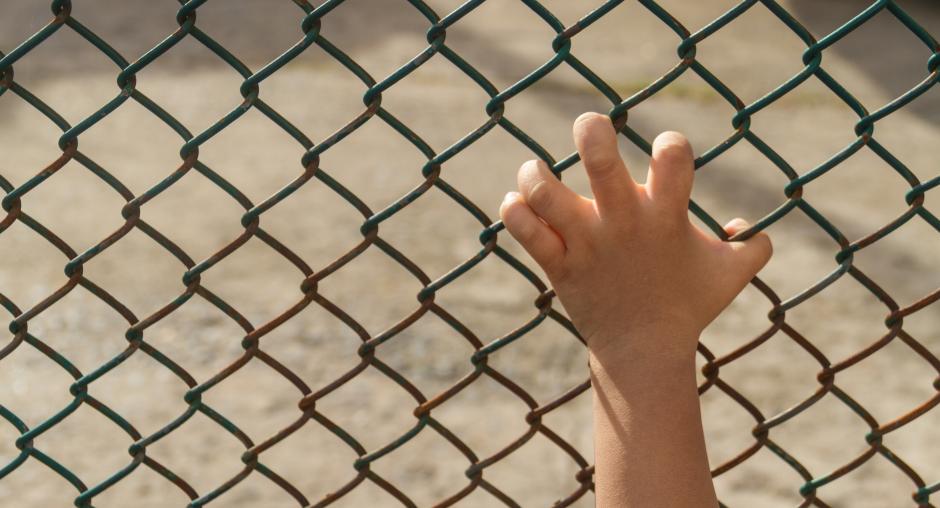Greater protection needed for children of parents sentenced to death or executed, ODIHR Director and UN Special Representative say on World Day against the Death Penalty

WARSAW, 10 October 2017 – The protection of children of those sentenced to death or executed should be strengthened in those OSCE countries that still practice capital punishment, Ingibjörg Sólrún Gísladóttir, Director of the OSCE Office for Democratic Institutions and Human Rights (ODIHR), and Marta Santos Pais, the UN Special Representative of the Secretary-General on Violence against Children, said today on the occasion of the World Day against the Death Penalty.
“The death penalty has a particularly cruel impact on children, who are often forgotten in the public debate surrounding capital punishment, as well as by states in the wider framework of their obligation to prevent torture or other ill-treatment,” said Gísladóttir. “I call on participating States to reinforce their efforts to strengthen the protection of children under their jurisdiction affected by the sentencing or execution of a parent, including in cases where the sentence is imposed and carried out in a country that is not their home.”
“The rights of children of parents sentenced to the death penalty or subject to execution have been largely invisible and neglected. These children are surrounded by a deep sense of uncertainty, fear and helplessness. They endure humiliation, stigmatization and discrimination, and their best interests are hardly taken into account,” Santos Pais said. “It is urgent to provide them with a nurturing and protective environment and with the healing, recovery and reintegration support they urgently need. Working together at the international, regional and national levels, a paradigm shift can be achieved.”
In its annual background paper on the death penalty in the OSCE area, published 19 September 2017, ODIHR highlighted that the sentencing of a parent to death compromises the enjoyment of a wide spectrum of a child’s rights, and stressed the urgency of ensuring a protective environment for these children, of preventing discrimination against them, and of providing them with the services and the recovery and reintegration measures they urgently require.
The ODIHR Director recalled that, in 1989, OSCE participating States first committed themselves to keeping the abolishment of capital punishment under consideration.
“The use of the death penalty is completely out of place in a region where most countries recognize the inherently cruel, inhuman and degrading nature of this punishment, and understand that it fails to act as a deterrent,” Gísladóttir said. “I strongly urge those participating States that maintain capital punishment in law, including the two that apply the death penalty in practice, to keep its abolition under consideration.”
The ODIHR background paper lists two countries, Russia and Tajikistan, as de facto abolitionist, meaning that they maintain capital punishment in law but maintain moratoria on executions. Two OSCE participating States, Belarus and the United States, retain the death penalty in both law and practice.
